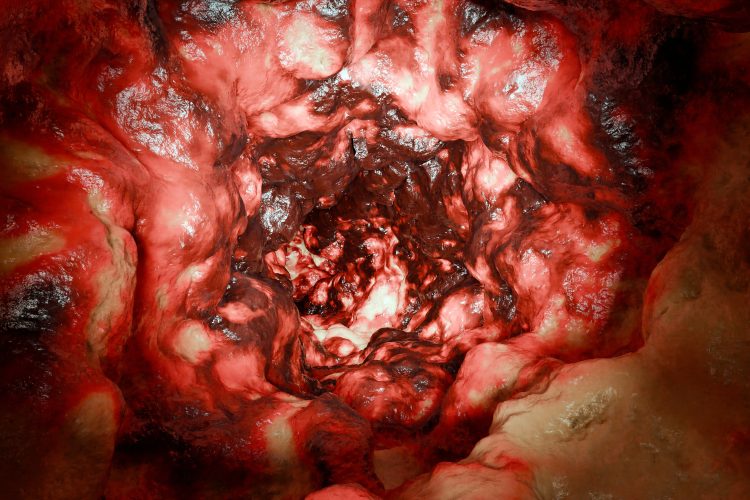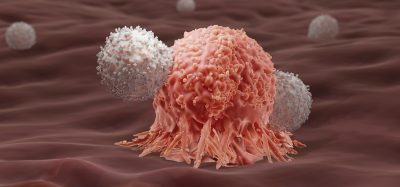Largest multi-omics study of colorectal cancer to date
Posted: 15 August 2024 | Drug Target Review | No comments yet
Five distinct CRC prognostic subtypes were identified, which could revolutionise the way CRC is diagnosed and treated.


The largest multi-omics study of colorectal cancer (CRC) to date has been published by The Institute of Intelligent Medical Research (IIMR) of BGI Genomics, in collaboration with Uppsala University, illuminating new genetic alterations.
The whole genomes and transcriptomes of 1,063 primary colorectal cancers within a population-based cohort were analysed, with 94 percent of the patients completing a five-year clinical follow-up. From this analysis, 96 mutated driver genes were identified. Nine of these were previously unknown in CRC, and 24 were new to any form of cancer.
Furthermore, numerous specific mutation patterns unique to CRC were discovered. Mutations in the WNT, EGFR, TBFβ pathways, the mitochondrial gene CYB, three regulatory elements, 21 copy-number variations, and the specific mutation signature COSMIC SBS44 were associated with patient survival rates.
To molecularly classify colorectal cancer, the researchers developed an integrated analysis approach, combining mutated genes with gene expression levels. This enabled the finding of five distinct CRC prognostic subtypes (CRPSs), each with unique molecular characteristics. This novel classification system could revolutionise the way CRC is diagnosed and treated.
Understanding disease progression
The teams detected specific genetic alterations, such as those in APC, TP53, KRAS, BRAF, ZFP36L2, TCF7L2, FBXW7, BCL9L, and SOX9, are more likely to happen early in the cancer’s progression. However, other mutations, particularly in TRPS1, GNAS, and CEP170, tend to appear during the later stages of cancer development. As well as this, the work uncovered disease-related mutations in the mitochondrial genome and non-coding regions.
Dr Lin Cong, specialised scientist from IIMR and co-corresponding author of the study, explained: “Not only were the significant predictive effects of multiple mutation events on prognosis found, but the newly constructed fine typing of expression profiles will also play an important role in guiding individualised diagnosis and treatment of colorectal cancer in the future.”
Moving forward, Dr Li Fuqiang, specialised scientist from IIMR and co-first author, concluded: “In the future, a multi-omics technology platform that integrates regularisation, standardisation, automation, informatisation, intelligence, and scale will empower large-scale genomic research cooperation and facilitate the research and application of big data for large groups of people.”
This study was published in Nature.
Related topics
Genomics, Molecular Biology, Molecular Targets, Oncology, Therapeutics
Related conditions
Cancer Research, Colorectal cancer (CRC)
Related organisations
BGI Genomics, IIMR, Uppsala University
Related people
Dr Li Fuqiang (IIMR), Dr Lin Cong (IIMR)







